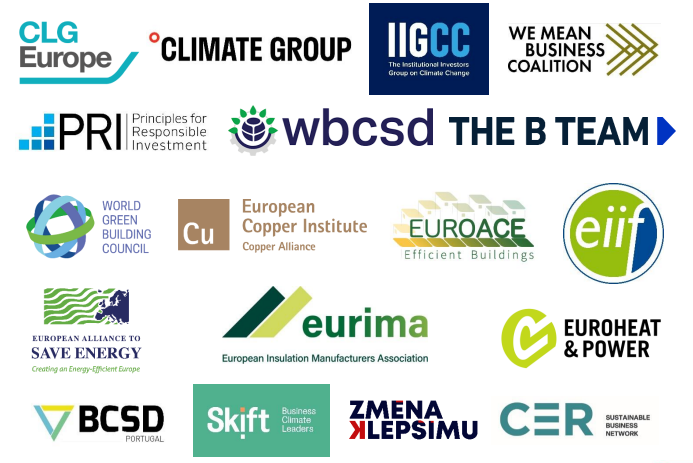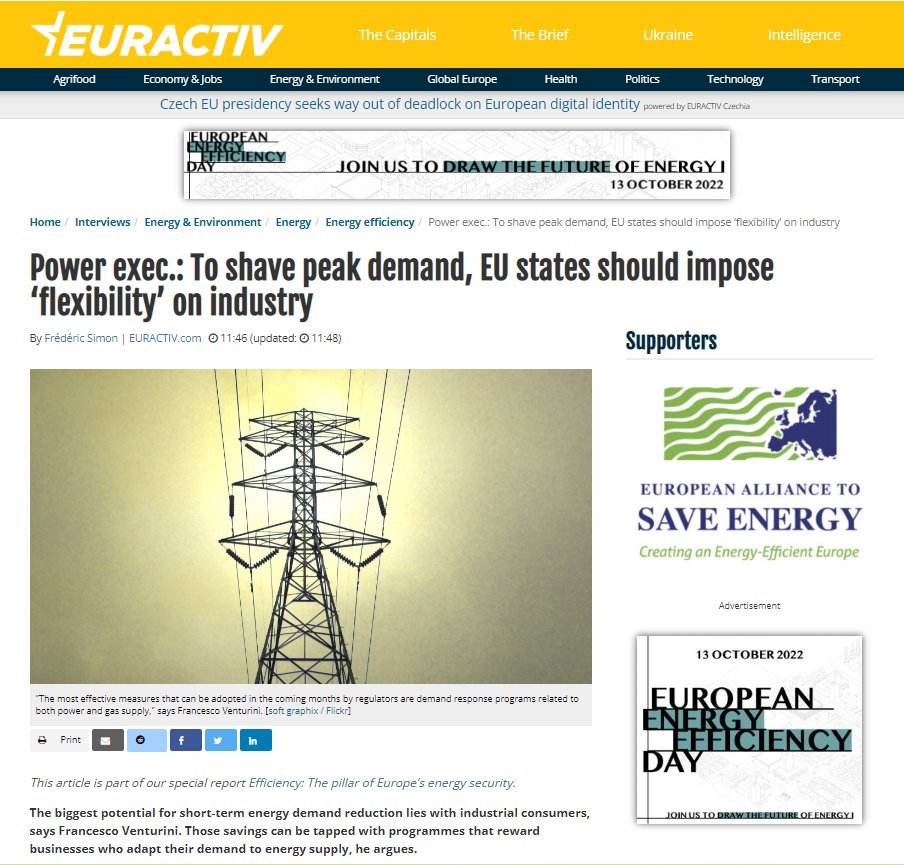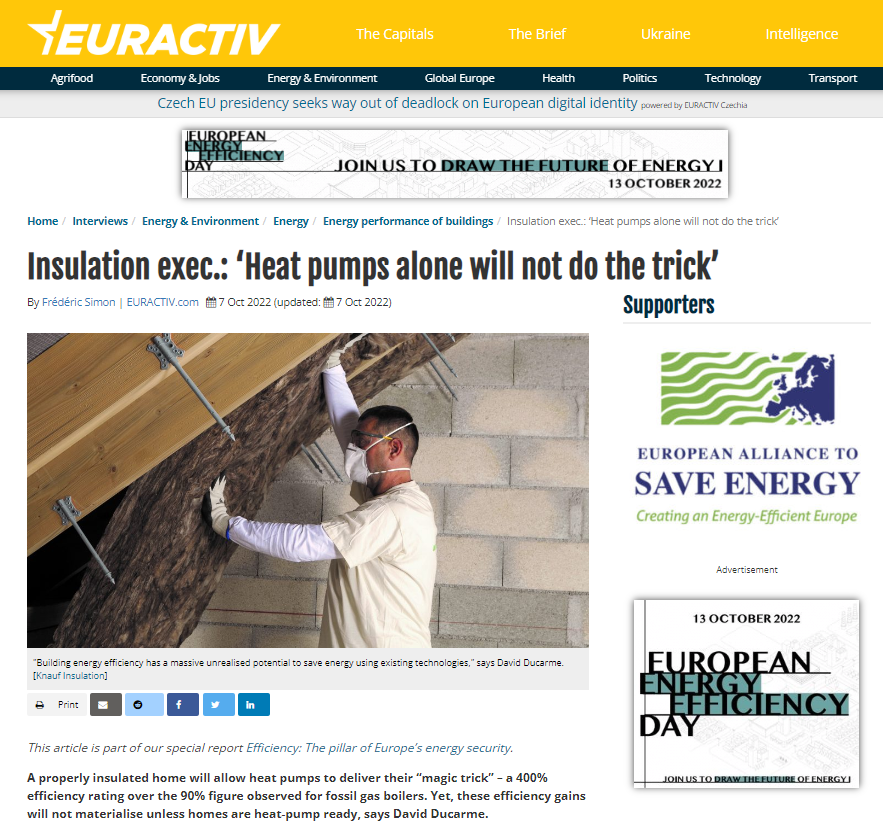It’s four months since European Leaders agreed to reduce their countries’ gas demand by 15% [1], and two months since they agreed on a similar target for electricity demand (10% total reduction, with 5% during peak hours [2]). And it’s now the time to ensure the delivery of these targets.
As the pressure on European citizens and industries from high energy prices persists, the delivery of those targets becomes more than ever a matter of political leadership. Gas supplies from Russia are likely to fall next year while competition for liquified natural gas (LNG) supplies increases. Filling in gas storage ahead of next year’s winter might prove far more challenging [3]. We need a long-term solution.
The only option left is to act on the energy demand side. Reducing energy consumption would come with three substantial benefits. First, a permanent improvement to energy security. Second, lower carbon emissions. And finally, a shift in the state budgets, from short-term relief funds to capital investment on assets like better building stock and modern industrial processes.
Now is the time for leaders to use all the tools at their disposal to enable a substantial and sustained reduction of energy consumption. This includes setting up an industrial strategy and designing ambitious regulations. But it also requires galvanising efforts around skills and technical support in sectors where it is most chronically needed, like buildings retrofit and electrification. Next year is the European Year of Skills and offers a great opportunity to do so [4].
For the buildings sector, there are ample examples of good practices of investment in skills and advisory services like one stop shops [5]. Member States, industry and social partners can share and scale them to reduce energy consumption in buildings across the EU. But the industry needs more than incentives for innovation and public investments. Above all it needs a clear signal about the direction of travel. It is up for political leaders to do this through ambitious regulations, like minimum energy performance standards [6], while encouraging the sector to embrace modernisation and digitalisation.
This is the time for European leaders, social partners, and private sector stakeholders to think strategically about the practical delivery of energy saving targets as they pave the way towards green and digital transitions.
Vilislava Ivanova
Senior Researcher
E3G
Sources:
1. European Council (2022). Member states commit to reducing gas demand by 15% next winter
2. European Council (2022). Council agrees on emergency measures to reduce energy prices
3. IEA (2022). Europe needs to take immediate action to avoid risk of natural gas shortage next year 4. EC (2022). Commission kick-starts work on the European Year of Skills
5. Renovate Europe (2022). Speeding up the delivery of renovation – skills
6. E3G (2022). High Minimum Energy Performance Standards for buildings





